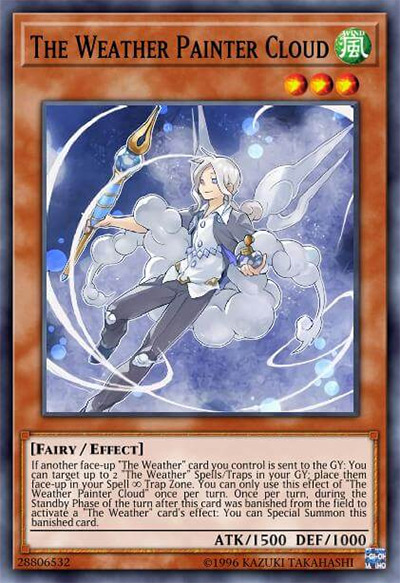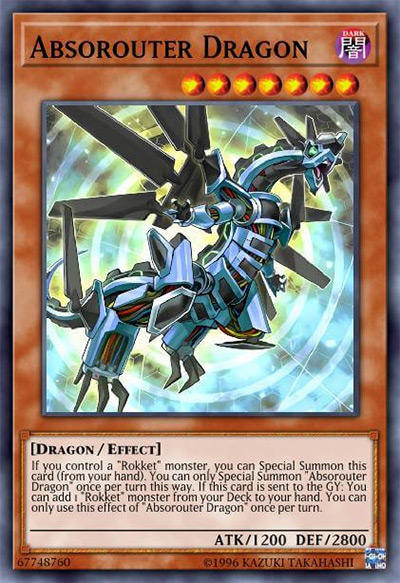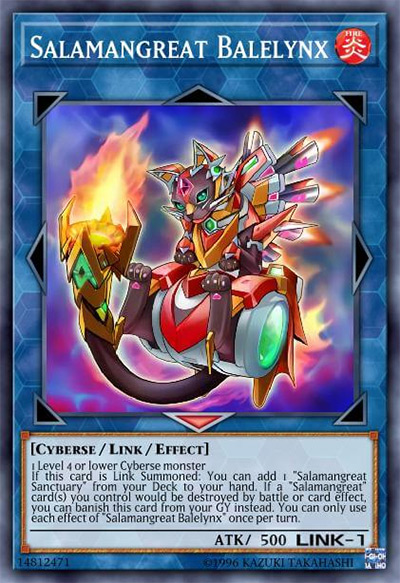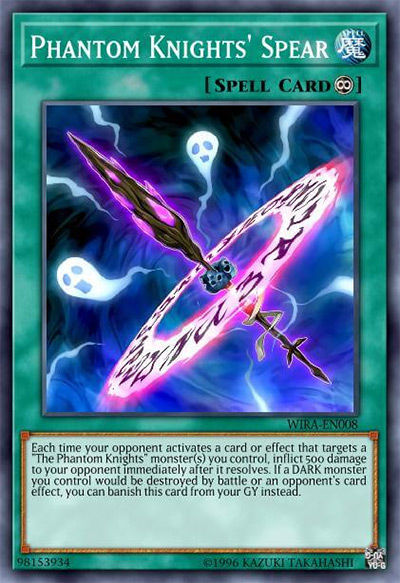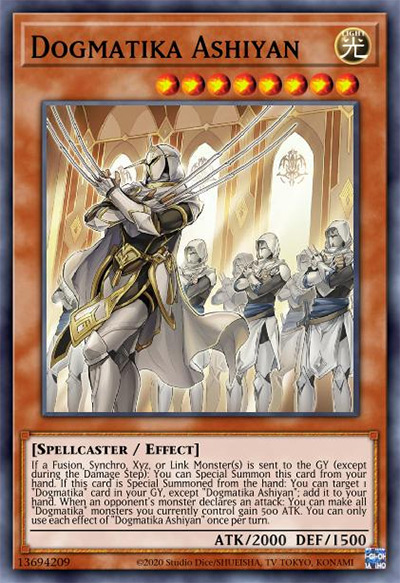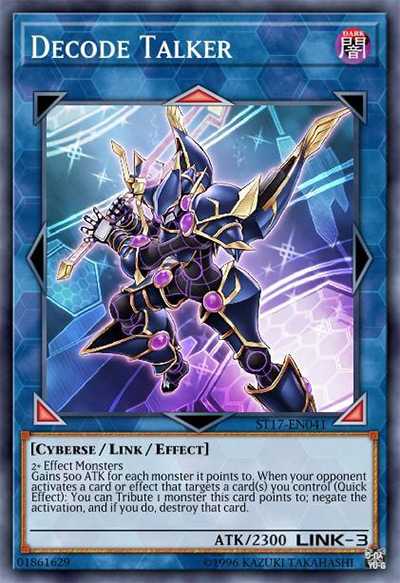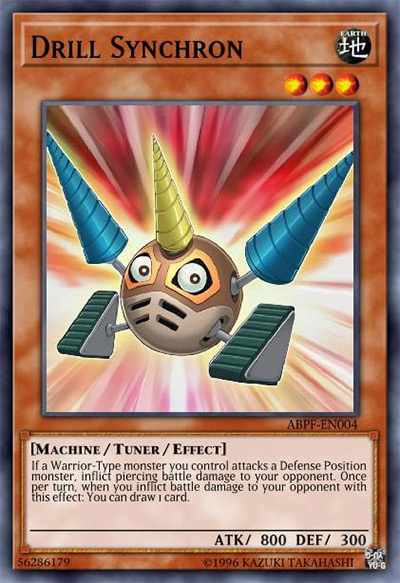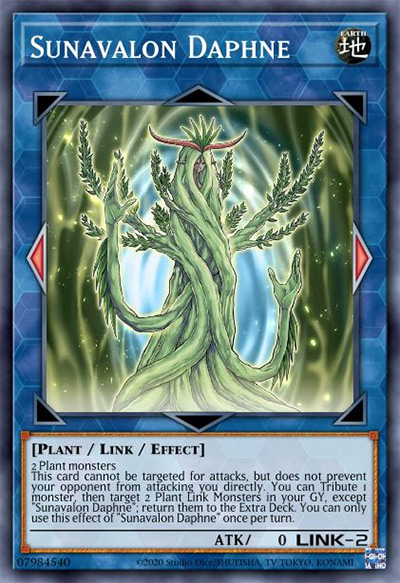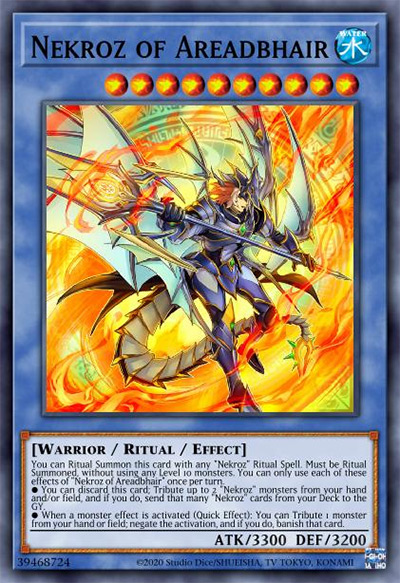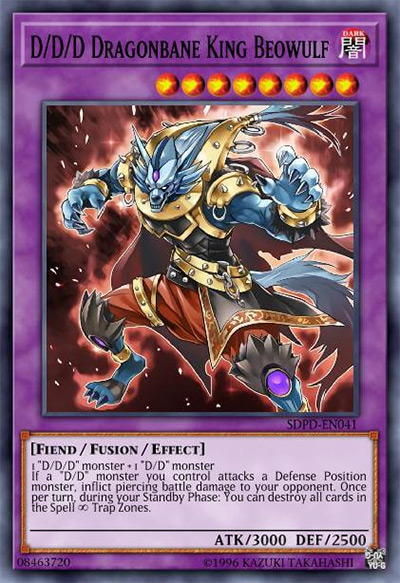Each card has multiple effects, decks often have combo chains that feel like they go backwards at points, and you often have to pull all of these off while playing through hand traps. This is especially in obvious in a few decks that are notoriously difficult to learn. So let’s take a look at some of the decks that take a true King of Games to play at their full potential.
10. Weather Painters
Weather Painters are one of the latest control decks to hit Yu-Gi-Oh. Control decks are less about making huge combo chains, and more about controlling the game state. This involves controlling how many cards your opponent has in their hands, interrupting their combo chains with negation effects, and pretty much doing anything you can to mess up your opponent’s plan. There are two things that make Weather Painters a tricky deck to play. Firstly, as a control deck you need to know what cards and effects are worth interrupting and negating, and when is best to do so. And second, this deck is incredibly sensitive to column placement. If your monster is in the wrong column it won’t gain the right effects from your Weather Canvas spell/traps, which can absolutely ruin your gameplan.
9. Dragon Link
Modern Dragon Link decks are a mishmash of multiple dragon archetypes that synergize well together, and as such there are many different combos to remember when playing this deck. The main difficulty with this deck is learning to play through various interactions. Even if you’re lucky and can go first, your opponent will often have various hand traps that you have to play around. Being able to pull off all of the different combos you need through these hand traps takes some serious skill and knowledge of the deck, which is what makes Dragon Link such a tricky deck to master.
8. Salamangreat
Considering that many players started their Yu-Gi-Oh journey with Salamangreats, this deck is surprisingly difficult to play properly. The main advantage this deck has is that it can recur resources over and over. Cards like Salamangreat Jack Jaguar can special summon themselves from the graveyard every single turn, making it incredibly easy to successfully Link summon each turn. However, this deck is incredibly limited for Extra deck space. The Salamangreat Link monsters gain their effects by being Link summoned using another copy of themselves, meaning that each of these monsters takes 2-3 slots each. To play this deck properly you need to balance this ratio.
7. Phantom Knights
The Phantom Knight cards gain effects by banishing themselves from the graveyard. These effects will often get additional Phantom Knights cards in the graveyard or bring back monsters to your side of the field. However, banished cards are incredibly tricky to get back. There are few cards that can retrieve banished monsters, and so to play this deck successfully you’ll need to learn to manage these resources. Sometimes it seems like a great idea to trigger all these banishing effects at once, and at other times you’ll want to leave resources in the graveyard for later, and managing this balance is what makes Phantom Knights so difficult to play.
6. Dogmatika-Shaddoll-Invoked (DSI)
This deck really blurs the line between combo and control deck. DSI decks are all about fusion summoning powerful floodgates and control cards. The trap card Shaddoll Schism makes this incredibly easy, allowing you to fusion summoning Shaddoll monsters during either players main phase. Like all control decks, the challenge with this deck is knowing when to interrupt your opponent. For example, Invoked Mechaba allows you to negate any spell, trap, or monster effect by discarding a card of the same type. You can only do this once per turn however, so you need to know which effects are worth negating to make this deck truly shine.
5. Code Talker
Code Talkers definitely aren’t a meta warping threat of a deck, but if you’re looking for a challenging Link deck to play then this deck is perfect for you. While the deck has pretty consistent combo lines, Code Talkers sadly have a low ceiling. This means that the maximum power of this deck is pretty low. A good combo line can end in Accesscode Talker and maybe Decode Talker Heatsoul, but there are other decks that could achieve this and then some. If you want to play Code Talker’s properly then you’ll need to make the most out of each and every card. If you can only end your turn with a couple of Link monsters, you need to make sure you choose the right ones for your situation to make them worth it.
4. Synchron
Synchrons are easily one of the best synchro decks out there (as of this writing). But with great power comes great big combo chains. With Synchrons the sky is truly the limit but getting there will require some serious knowledge of each combo lines. Cards such as T.G. Hyper Librarian allow you to draw 5-10 cards in a single turn, and so there are practically unlimited resources at your disposal but making the most out of each and every card to continue your chain of synchro summons requires a lot of skill.
3. Sunavalon
Sunavalons are one of the few decks that actually need normal monsters in 2022. This plant deck is all about Link summoning using the normal monster Sunseed Genus Loci and recurring this monster to Link climb into more powerful monsters. The main difficulty with this deck is that the combo lines are incredibly fragile. Your Link monsters typically have 0 attack points and allow you to convert battle damage into life point gains and special summons. If these Link monsters get their effects negated, all you’ve got left is a bunch of 0 attack monsters in attack position.
2. Nekroz
When it comes to ritual decks you can’t get better than Nekroz. This deck absolutely dominated the meta game when it was released, and has seen continuous rogue-level play ever since. The main challenge with this deck is that unlike other ritual decks, when you ritual summon here you need to match the levels of the monsters you tribute exactly. This can seriously limit your options when it comes to ritual summoning, as you can’t just tribute off high level monsters for your smaller ones.
1. D/D/D
D/D/Ds are notorious for being one of the hardest decks to master in Yu-Gi-Oh. This deck focuses on utilizing every Extra deck summoning mechanic possible – Fusion, Synchro, XYZ, Pendulum, and Link monsters are all key parts of this deck’s strategy – and balancing each of these types can be incredibly tricky. On top of that, the continuous spells and traps (the Dark Contracts) all burn you for 1000 damage each during your standby phase. Knowing when to get rid of these Dark Contracts and when to take the burn damage is crucial for this deck’s success. If you’re looking for a more fun & laid-back experience then you might wanna look elsewhere.
